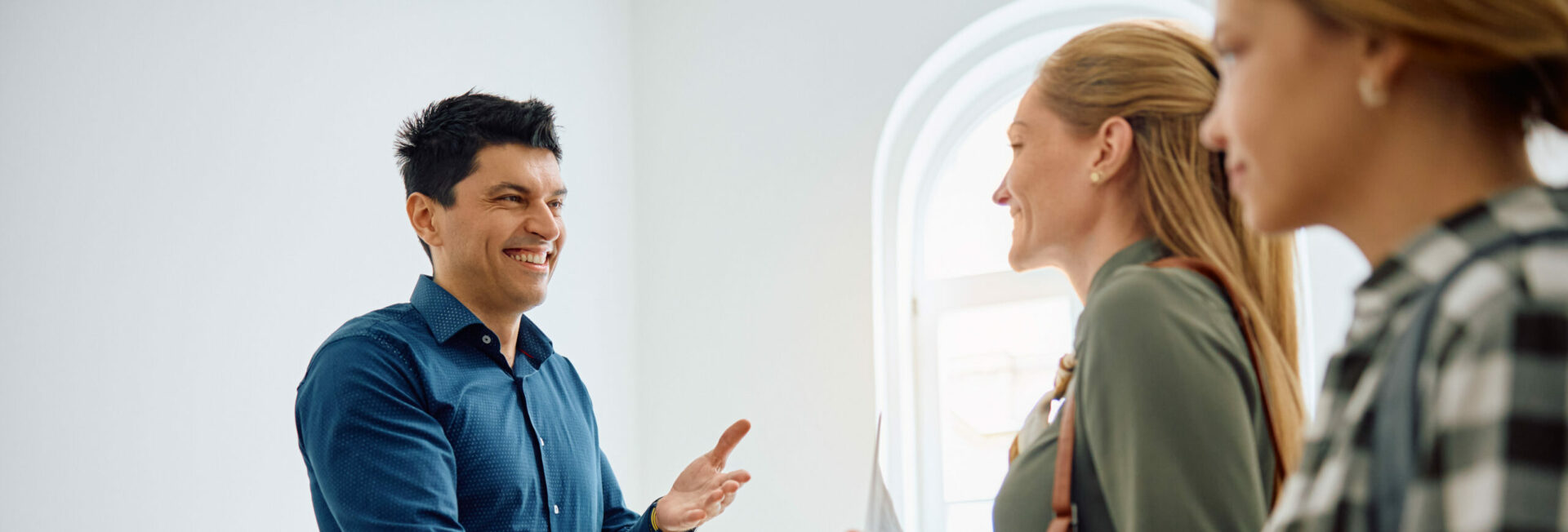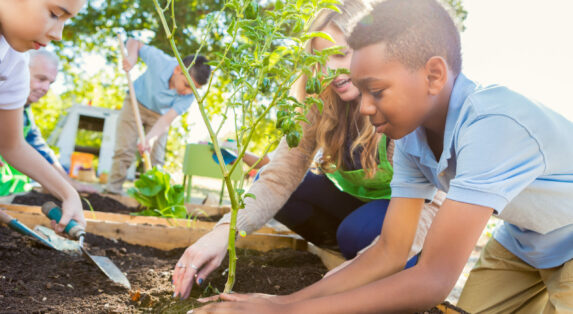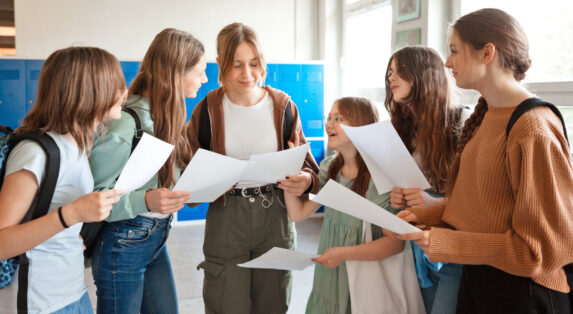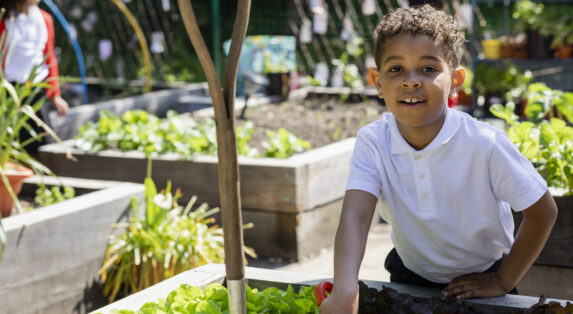
One night only! Citizenship and Open Evenings
Citizenship and Open Evenings. How to showcase the best your department has to offer to prospective students & parents.
Citizenship and Open Evenings
You’ve been back at school a week or so, readjusting your body clock back to the school day and getting used to the lukewarm cups of tea (with never enough time to finish one) and suddenly… open evening is upon us! The senior leadership team want a plan of action from subject leaders, they need statistics and posters for each department, and they want classrooms looking their best. In my school, preparing for Open Evening is like Christmas – it begins earlier every year! We know citizenship provision and curriculum time varies in each school, some have timetabled lessons and in others it’s more discreet. This is the same in regards to who delivers it and what is delivered. Do you have a lot of non-specialists? Do you have a classroom area or base? Do you offer the GCSE? All of this will have a bearing on what activity or activities you offer and showcase on Open Evening. Hopefully you’ll find a few helpful hints and suggestions here to support you in showcasing the best your department has to offer to prospective students and parents.
The Basics – what to have on display
- Curriculum overviews/Long Term Plans
- Examples of work, including GCSE
- A breakdown or Curriculum map of where students receive Citizenship education if taught discreetly, across other subjects, or in drop down days.
- Careers and skills display; e.g. where Citizenship can take you?
You could create a video or PowerPoint that plays on a loop to display some of this information.
Student Volunteers
When asking students to stay behind and help you, you need to consider what they can offer and if they can help run activities whilst you talk to parents and families, as well as answer their questions. If chosen for the right reasons, they can offer some invaluable support on what is one of the longest nights of the first term. Look for students who:
- Are passionate about the subject
- Show enthusiasm
- Can talk confidently and are approachable
- Knowledgeable
- Are Active Citizens
- Have good communication skills
Consider the type of student who might struggle in pushing themselves forward and talking to new people. If they volunteer, what responsibilities could you give them to play to their strengths as well as being a support to the department?
Ideas for Activities
One of the best parts of Citizenship education is the variety of activities and topics that are available to turn into something that will entice people into your department. We have a lot to compete with; food technology (cake decorating), PE (trampolines and penalty shoot outs), Science (explosions). However, there are many exciting things to bring them into Citizenship, here are some suggestions:
- The Law Court and mock trial
Have a mock trial in the classroom! This might have a bit of an initial cost as it works best with a ‘dress-up’ element – a Judge’s outfit and wig, a gavel, two barristers gowns and wigs if necessary. Ensure that you select students to support you with the right skill set, knowledge, and confidence as this can lead to the activity being completely student led. Students can run this themselves allowing you to engage with parents and students. Create a set of prompt cards for the different roles and have your students and visitors play the roles. Use your students as ‘Court Clerks’, the expert advisors, this works especially well for GCSE students studying the legal process.
- Food and identity in the UK
Nothing gets people through your classroom door like food and treats. Set up stations in your classroom exploring British Identity and the influence on modern Britain through diversity and immigration. Ask visitors to play word association with regions of the UK or the different countries. Use national or regional food and ask students to help support with conversations and discussion. For example:
- Cornwall and Devon: the food sample could be a scone and the debate will rage on about cream or jam first, but a student can then facilitate a discussion on Cornish identity and wider regional identity.
- The North/South divide in England: the food focus could be chips and if gravy is the correct topping (as a proud Northerner the answer would be always!) and a student can facilitate a discussion around this apparent divide and involve parents in the discussion.
- Nations of the UK: the focus could be food associated with those countries – Scotland could be Irn Bru, Wales it could be Welsh Cakes, England could be Vimto and Northern Ireland could be Tayto Crisps. As a school in a deprived area, this proved very popular with lots of the prospective students who had not visited those areas of the country or tried snacks like Welsh Cakes before. Student helpers then showcased their learning about multiple identity, the make up of Britain and its diverse nature.
- The Newsroom
If you don’t have a dedicated area of the building this might be an activity suited to you. Students practice their media literacy skills as citizen journalists and conduct interviews around the building with staff, students and prospective students and families. You could have a small ‘news desk’ set up with students typing and editing interviews, and creating a ‘open evening newsletter’, which you can then make available as a follow up piece on your school website or on social media. Depending on the context and the correct permissions, students could film the interviews and you upload them to school social media – You need to give staff a warning if you are planning this and really consider the student helpers. Also ensure preset questions are given to students to follow.
- Active Citizens Showcase
If you are without a classroom space, create showcase boards to show the Active Citizenship projects and voluntary work that students have undertaken and agree a space where these can be displayed. These can be reused and updated each year. Showcase to parents that your school produces changemakers, and how students can get involved, the awareness they’ve created, or they difference they’ve made. Print pictures and ask students to write captions to go with them explaining activities and events. This can be physical boards and posters or digital slides that play on a loop.
- Dress up corner!
Speak very nicely to the Drama department and raid their costume cupboard for any costume or prop that links to Citizenship. For example, Judge’s wig, gown, police helmet, police jacket, convict outfit, handcuffs props, gavel, and a full-length mirror. Use your student helpers to assist your visitors in dressing up. With the right permissions grab a camera and turn the activity into a photobooth!
- Create a new Law
Ask your visitors to create a new law, ‘Britain should have a 4-day week’ for example. Give your student helpers a specific role in the law-making system (Commons/Lords/Government) and provide them with a prompt card to help them explain it. Ask the young visitor to dress up as the Monarch (have a ‘throne’ and crown ready for them). Get your student helpers to talk through the process of making a law and give them support in to mimicking the system, for example, throwing it back to the commons to make tweaks. Then ask your Monarch to give Royal Assent. Have some sheets printed to look like a legal scroll and write on the law they’re agreeing to pass. Have them sign and seal it and take it away with them.
Talking with prospective parents
Citizenship may well be a new concept as an academic subject to prospective parents. Make sure you and your non-specialist staff are well versed in the vision for your subject and the value it brings to every student.
- Explain that it’s a National Curriculum subject – something that must be taught and how it is delivered in your school.
- Reiterate that is it as important as English and Maths in terms of setting students up to fully participate in British society and employment when they leave school. One of my students described it as ‘how to do life 101’.
- Discuss the importance in encouraging young people to debate and discuss what goes on in the world around them, the importance of forming their own opinions, and how citizenship education enables students to develop these skills.
- Describe your vision for good citizenship in your school’s context. What links to community groups do you have? What culture capital do you give? How do you give them windows into other worlds, cultures, and experiences?
- Use a careers display to fully show where citizenship and the skills students develop can take them. Highlight the subjects citizenship compliments. If possible, use examples of former students and their career paths, for example a GCSE Citizenship student who studies law at university or has become a police officer.
- Don’t do all the talking yourself. There’s no better proof of the value of citizenship education than the young citizens it empowers. Pick your student volunteers with this in mind.
Final words of advice
Work smarter, not harder. Whatever you create for your open evening, make sure that it’s reusable. Laminate any activities with prompt cards, save any display boards and posters, and ensure you can edit any videos or slideshows. You never know what will happen at the start of term or what your workload will be like, when all of a sudden the spotlight’s on your department for one night only!


About the author
Zoe Fox is subject leader of Citizenship at Our Lady Queen of Peace Catholic Engineering College in Skelmersdale, Lancashire. She graduated from the University of Central Lancashire with a degree in History and undertook the Wigan and West Lancashire Catholic Schools Direct training to qualify as an RE teacher. Zoe adds, “Our Lady’s has nurtured my passion for Citizenship and has encouraged me to develop our Citizenship GCSE offer and develop our Curriculum for Life school wide programme”.


